The Zygon Inversion Review
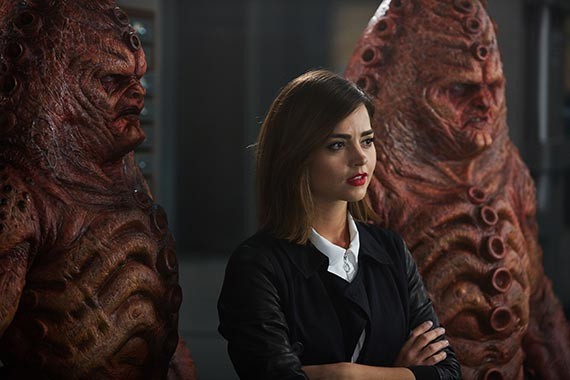 Holy shit that was good. An astonishingly well-tuned, clever piece of television full of surprises big and small. Every bit as good as you would hope from the writing credit, from the actors, from the directors, and really from Doctor Who. I am as thrilled to have watched this happen as I am jealous of those who got to see Terror of the Zygons on first transmission, and I have zero doubt that in 2055 fandom will talk about this like we talk about Terror today.
Holy shit that was good. An astonishingly well-tuned, clever piece of television full of surprises big and small. Every bit as good as you would hope from the writing credit, from the actors, from the directors, and really from Doctor Who. I am as thrilled to have watched this happen as I am jealous of those who got to see Terror of the Zygons on first transmission, and I have zero doubt that in 2055 fandom will talk about this like we talk about Terror today.
There is nowhere to start besides the big scene. It is essentially a ten minute long Peter Capaldi monologue. I mean, he has four other characters and three other actresses to work off of, but they are all obligingly standing in corners and letting him do his bit. And it’s basically perfection. This is true on essentially three levels. First of all, of course, is simply the fact that Peter Capaldi is very good at his job. There’s almost nothing more to say than that. I mean, just go watch it five times in a row. Go ahead. It will stand up to that. You will keep noticing new things and getting excited about new bits. It will be like falling in love with a song only with television.
Second of all, Moffat and Harness are very good at theirs (and this scene, at least, feels very much a… hybrid). This isn’t just well paced and well-acted, it’s well set up. Harness built the overall story very well. The basic decision to have the story’s sole actual Zygon Duplicate be Clara was very clever, as was the decision to have the actual villainous faction just be a raging ISIS-style splinter group. The result is on the one hand unambiguously a full on villain, and no effort is made to morally justify Bonnie’s lunacy as such, and on the other hand impossible not to empathize with because she’s played by Jenna Coleman. The resolution – the heartbroken “there’s nothing in the box, is there” – is astonishing, as is “you’re one of us now,” a line meticulously situated within the overall Invasion of the Body Snatchers rhetoric of the story, but given a strange and wonderful meaning contrary to what the line would normally do. And then there’s all the little verbal mirrorings – the use of the word “troublemakers,” with which the Doctor clearly implicates himself just as much as Bonnie, for instance.
But third of all, and perhaps most importantly, are the basic and particular ethics of it. The original Zygon ceasefire was an unusually philosophically deft move on Moffat’s part; a tacit quotation of the great liberal philosopher John Rawls. This moves beyond the pretty philosophical theory into terrain that is at once realist and full of empathy. The Doctor’s final turn into “of course I know how you feel you moron” is astonishing, as is the act of forgiveness. The arguments made are wise and sensible. Space is made for the legitimacy of violence, but none is made for the legitimacy of suffering, and the contradiction involved is accepted.…


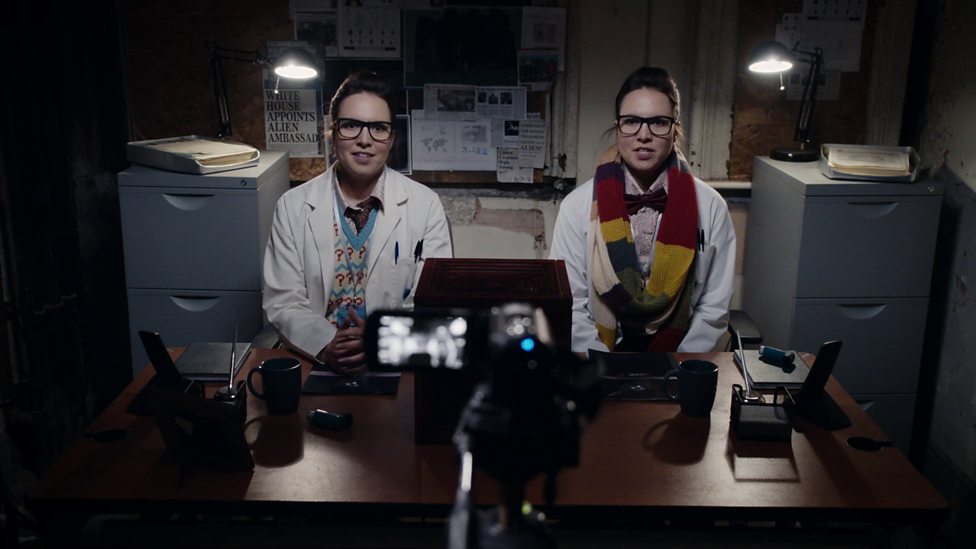 This week we’ve got a very special treat – a double length episode of the Series 9 Podcast in which I’m joined by comics writer Al Ewing, who co-wrote Titan Comics’ Eleventh Doctor comic, and is currently doing Contest of Champions, The New Avengers, and The Ultimates for Marvel. The first hour consists of us talking about The Zygon Invasion, while the back half is a wide-ranging interview about comics and numerous other topics. Yes, you read that right. Our podcast this week is like… a hybrid.
This week we’ve got a very special treat – a double length episode of the Series 9 Podcast in which I’m joined by comics writer Al Ewing, who co-wrote Titan Comics’ Eleventh Doctor comic, and is currently doing Contest of Champions, The New Avengers, and The Ultimates for Marvel. The first hour consists of us talking about The Zygon Invasion, while the back half is a wide-ranging interview about comics and numerous other topics. Yes, you read that right. Our podcast this week is like… a hybrid.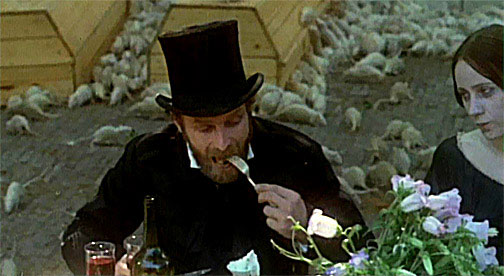 I was there at the birth,
I was there at the birth,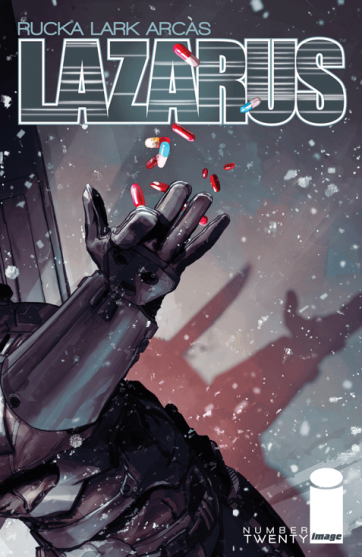 Uncanny X-Men #600
Uncanny X-Men #600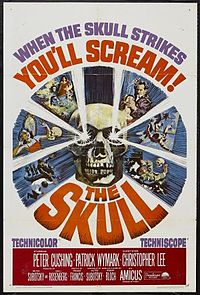 Holly Boson’s epic journey through the Amicus Films catalogue reaches the 1965 film The Skull, which features Christopher Lee, Peter Cushing, and the Marquis de Sade’s skull. One of these things is cursed. Holly is joined this time by Jack Graham. He is not cursed. We think.
Holly Boson’s epic journey through the Amicus Films catalogue reaches the 1965 film The Skull, which features Christopher Lee, Peter Cushing, and the Marquis de Sade’s skull. One of these things is cursed. Holly is joined this time by Jack Graham. He is not cursed. We think.

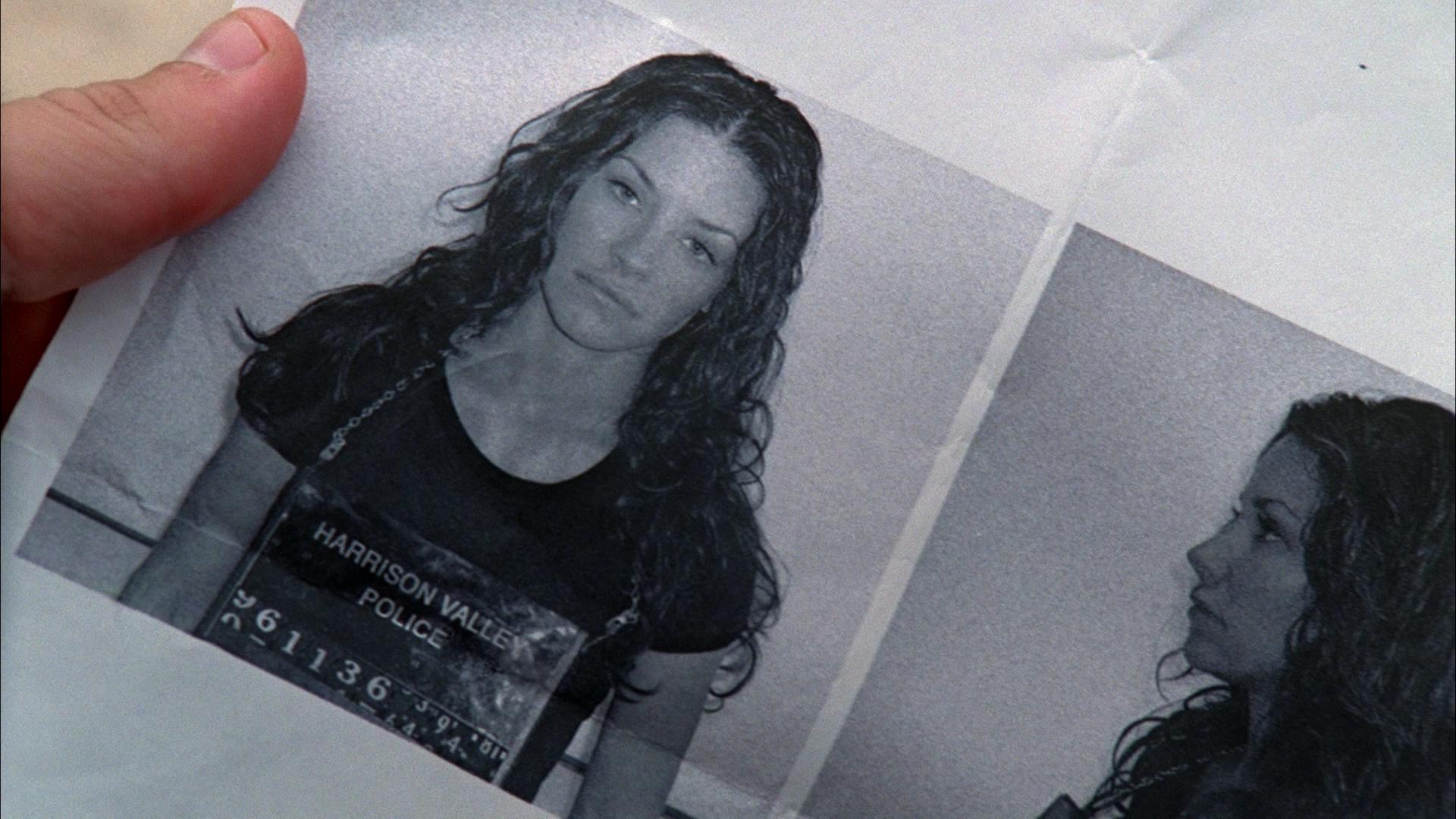 One of the problems with Pilot episodes is that they’re made specifically in order to hook people (almost like fish) not just into watching a TV show, but to actually sign off on it being produced. As such, they tend not to be as representative of the series as a whole. So what a TV show has to do after its pilot is to kind of hit the reset button and start playing its cards, showing us what we might expect on a weekly basis going forward. As such, Tabula Rasa is a rather aptly named episode, given that it’s a fresh start for LOST, employing a number of techniques that we did not see previously.
One of the problems with Pilot episodes is that they’re made specifically in order to hook people (almost like fish) not just into watching a TV show, but to actually sign off on it being produced. As such, they tend not to be as representative of the series as a whole. So what a TV show has to do after its pilot is to kind of hit the reset button and start playing its cards, showing us what we might expect on a weekly basis going forward. As such, Tabula Rasa is a rather aptly named episode, given that it’s a fresh start for LOST, employing a number of techniques that we did not see previously.